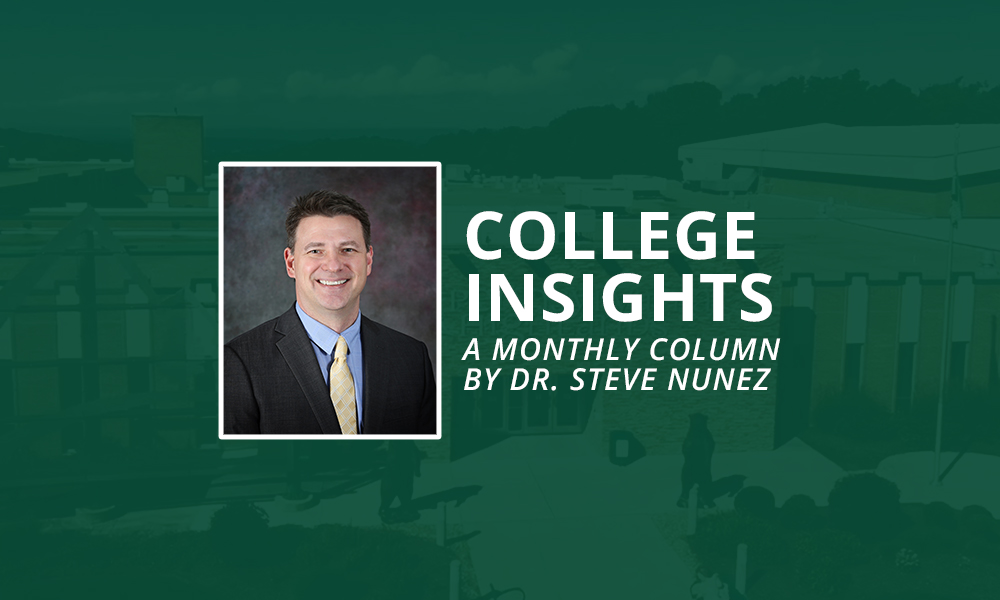Bringing The Power To Community Colleges
Posted June 28, 2021 at 8:48 amI had lived in either Illinois or Virginia for my entire life before I moved to Pennsylvania in early 2020. While I was very excited about starting my new role at Pennsylvania Highlands Community College, I was nervous because I was moving to Pennsylvania alone and leaving behind my entire support system of friends and family.
I thought when I got here that it was important mentally and emotionally for me to immediately connect with new people, find new mentors, and develop new friendships. I’ve been blessed to connect with so many good people since the move.
Being a community college president in Pennsylvania is like being a member of a very small social club – there are only 15 of us. But as I have come to know them, I’ve realized that some of the brightest minds in higher education are presidents at our Pennsylvania community colleges.
We are lucky to have such talented educational leaders in Pennsylvania.
I have had more than one of them reach out to me during my first 18 months at Penn Highlands. Nick Neupauer was one of the first. President at Butler County Community College (BC3) for 14 years, Dr. Neupauer has provided and continues to provide me with straightforward, commonsense, and smart advice. He and I have chatted several times, and each time I come away feeling better.
He just has one of those personalities. He’s easy to talk to, open, quick to laugh, and genuinely a nice guy.
I had a chance to talk with him more in-depth recently, using my superpowers to extract, selfishly, as much knowledge from him as I possibly could, and what impressed me the most was his understanding and devotion to the community college mission of providing affordable, accessible, and quality educational opportunities to the communities we serve.
He believes, as do I, that education is one of the best ways to change and improve a person’s life, and he fully embraces the community college “open door” concept with a focus to remain affordable to all constituents.
As we chatted, Nick continuously brought our conversation back to “service” – to his students and communities.
While being president inhibits him from regular, direct interaction with students, he stated that his focus – every single day – is on students and their successes. He’s particularly focused on providing students with an excellent return on their educational investment and keeping student loan debt low.
Nick said that if students can graduate from his college with a meaningful credential and little to no debt, they will be set up for professional success. Community colleges can provide that pathway, just as it did for his own two daughters.
Some predict that, over the next several decades, many higher education institutions will close or merge with other institutions as our population demographics evolve. However, Neupauer believes that community colleges, focused on their mission of providing affordable, accessible, and quality education will become even more important and necessary because of their value and because of their “ROI.”
Regardless, I certainly feel more confident about the future of community colleges when I speak with education leaders such as Neupauer who care so much about students and the communities we live in.
Thanks for your mentorship, Nick.
 Written By Dr. Steve Nunez, College’s Fifth President. This monthly series appears in The Tribune-Democrat, and will allow Dr. Nunez to provide his perspective on the value of education and of a community college.
Written By Dr. Steve Nunez, College’s Fifth President. This monthly series appears in The Tribune-Democrat, and will allow Dr. Nunez to provide his perspective on the value of education and of a community college.

